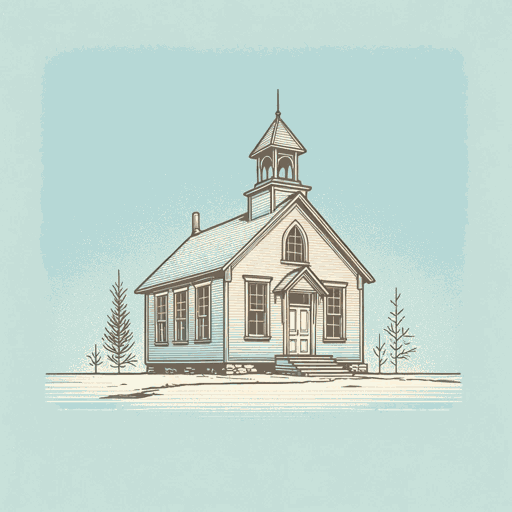42 pages • 1 hour read
Richard PeckA Long Way from Chicago
Fiction | Novel | Middle Grade | Published in 1998A modern alternative to SparkNotes and CliffsNotes, SuperSummary offers high-quality Study Guides with detailed chapter summaries and analysis of major themes, characters, and more.
Important Quotes
“It was always August when we spent a week with our grandma. I was Joey then, not Joe: Joey Dowdel, and my sister was Mary Alice. In our first visits we were still just kids, so we could hardly see her town because of Grandma. She was so big, and the town was so small. She was old too, or so we thought—old as the hills. And tough? She was tough as an old boot, or so we thought. As the years went by, though, Mary Alice and I grew up, and though Grandma never changed, we’d seem to see a different woman every summer.”
(Prologue, Page 1)
These lines from the book’s prologue establish the pattern of successive changes that the characters undergo as part of their Coming of Age, as well as demonstrating Joey’s retrospective narrative and storytelling style. By mentioning that he was Joey back “then,” he makes it clear that he is remembering old events and that he has changed drastically from the younger self he describes at the beginning of Chapter 1. His description of Grandma also demonstrates how childish perspectives slowly grow and mature over time. In the earlier summers, Joey and Mary Alice see their grandmother as a giant force in the world, able to face anything without flinching and solve problems to her liking. As the children grow older and their knowledge of the world expands, they realize how small Grandma is compared to the town, and by extension, they understand that people in general are very small parts of the environments in which they carve out a lifestyle. Overall, Joey and Mary Alice’s deepening appreciation of their grandmother as a well-rounded person reflects the ongoing process of growing up and realizing that the world is a far bigger and more complicated place than a child’s mind can appreciate.
Related Titles
By Richard Peck




